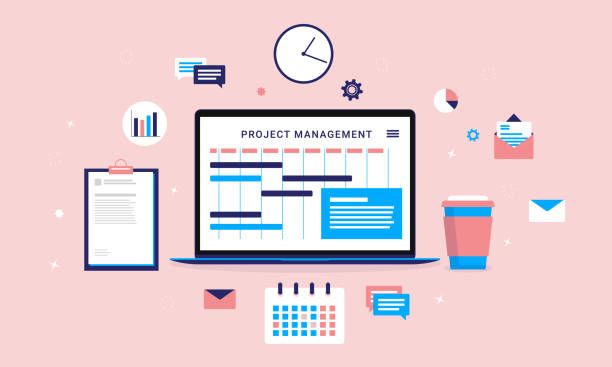Schedule management is an essential part of project management. It involves planning, developing, monitoring, and controlling the project schedule to ensure that the project is completed within the specified timeframe and budget. Effective schedule management enables project managers to allocate resources efficiently, minimize project risks, and deliver projects on time and within budget. According to Mi-GSO, schedule management is the process of defining project tasks and their durations, dependencies, and assigned resources in order to complete the project within a designated time frame. It also includes monitoring and reporting on the schedule to ensure the project is delivered on time.
Project managers use various tools and techniques to manage project schedules, including Gantt charts, critical path analysis, network diagrams, and resource leveling. These tools help project managers to create a realistic project schedule, identify critical activities and milestones, and allocate resources effectively. The project schedule is a living document that should be updated regularly to reflect changes in project scope, resources, and timelines.
Key Components of Schedule Management
The following are key elements of the schedule management process:
- Planning: Schedule management begins with project planning. During this phase, project managers create a detailed project schedule that outlines all the activities, timelines, and resources required to complete the project. They identify the critical path, which is the sequence of activities that determine the project’s duration. Project managers also create contingency plans to mitigate risks and ensure that the project stays on track.
- Developing: Once the project schedule is planned, project managers begin to develop the schedule. They break down the project into smaller, manageable tasks and assign resources and timelines to each task. They also create a Gantt chart, which is a visual representation of the project schedule that shows the duration of each task and the dependencies between tasks.
- Monitoring: Once the project schedule is developed, project managers monitor the project’s progress against the plan. They use various techniques to track the project’s performance, such as earned value analysis, which compares the work completed to the work planned. Project managers also identify any delays or issues that may impact the project schedule and take corrective action to keep the project on track.
- Controlling: During the project execution phase, project managers control the project schedule to ensure that it stays on track. They make adjustments to the project schedule as needed and communicate any changes to stakeholders. Project managers also monitor resource usage and ensure that resources are allocated effectively to avoid delays.
Effective schedule management is critical to project success. It ensures that projects are completed within the specified timeframe and budget, and that resources are allocated effectively. Project managers must have strong organizational skills and be able to manage multiple tasks and stakeholders to effectively manage project schedules. They must also be able to adapt to changes and make quick decisions to keep the project on track.


Leave a Reply